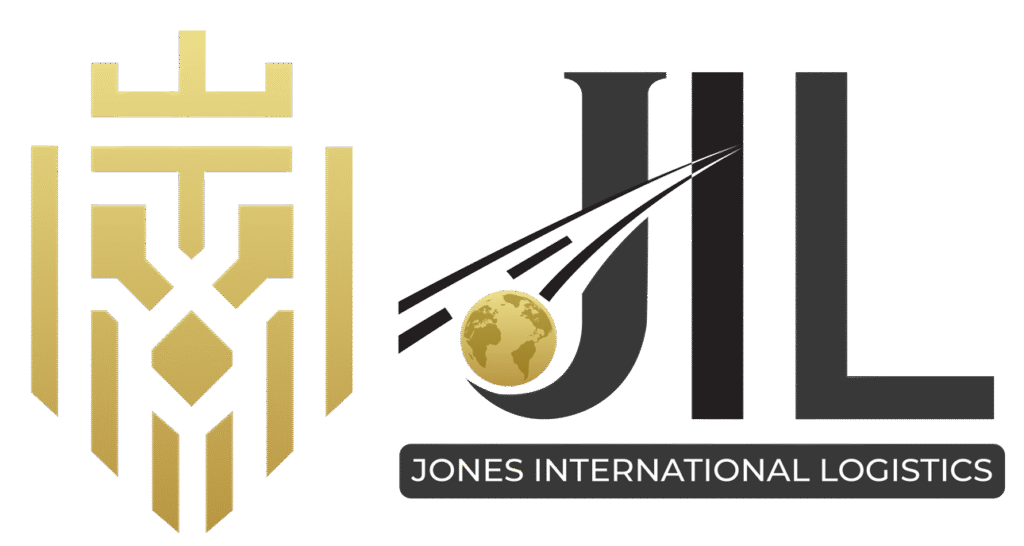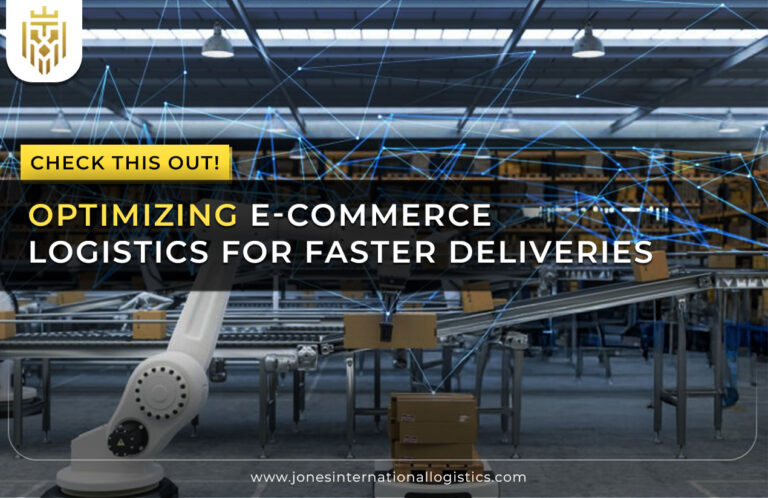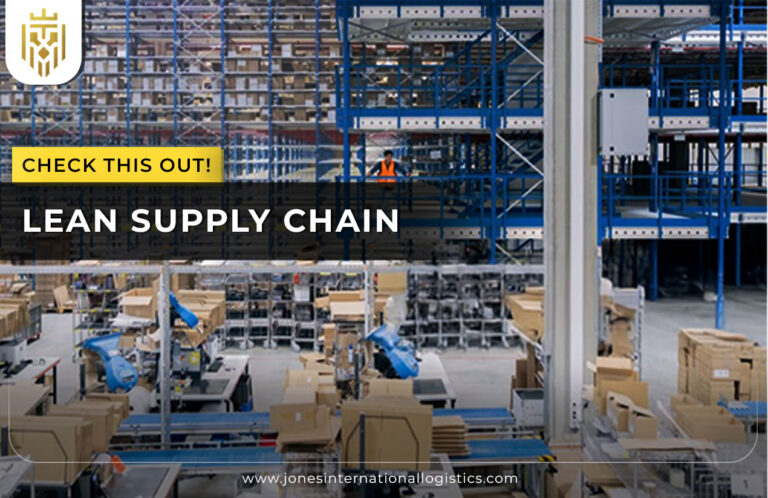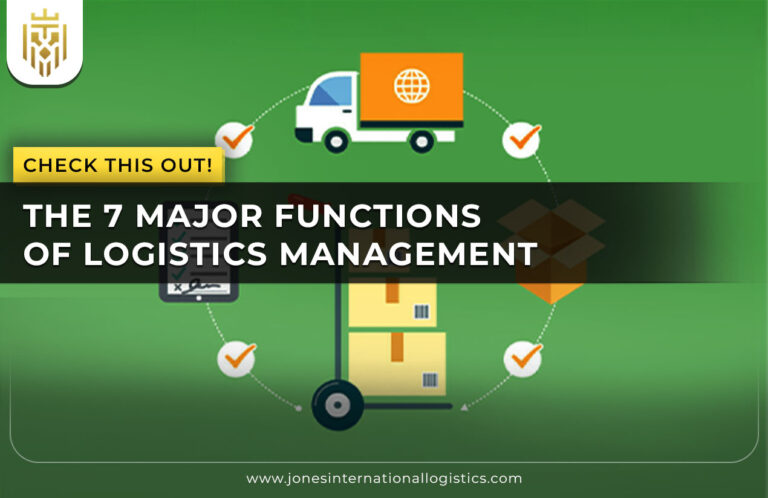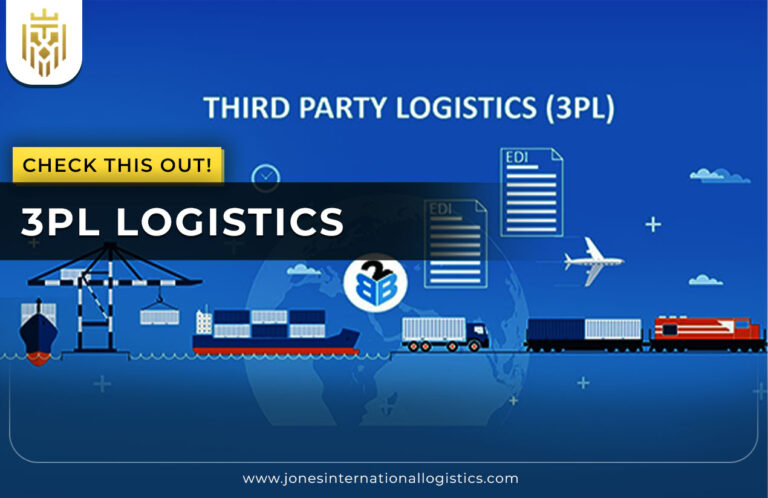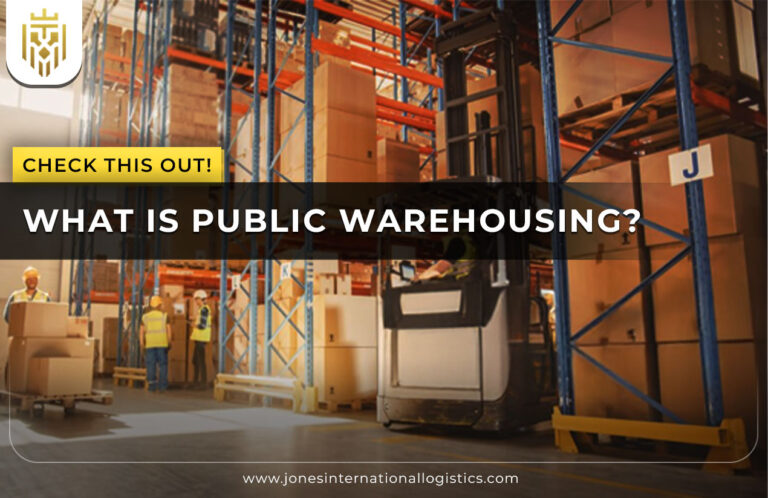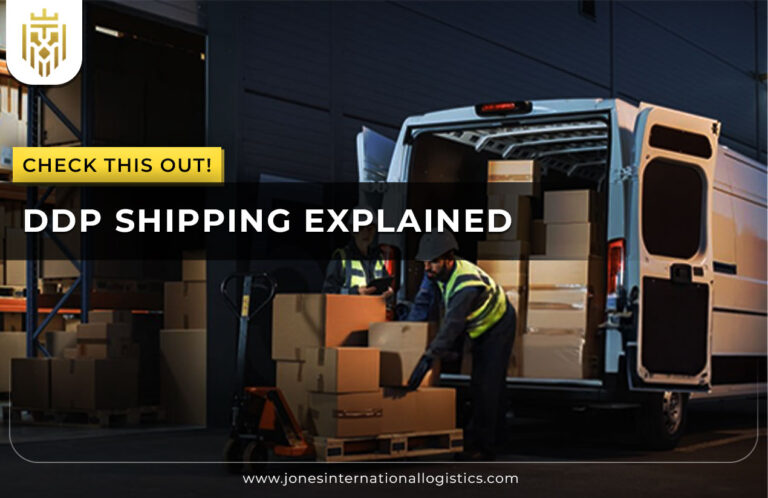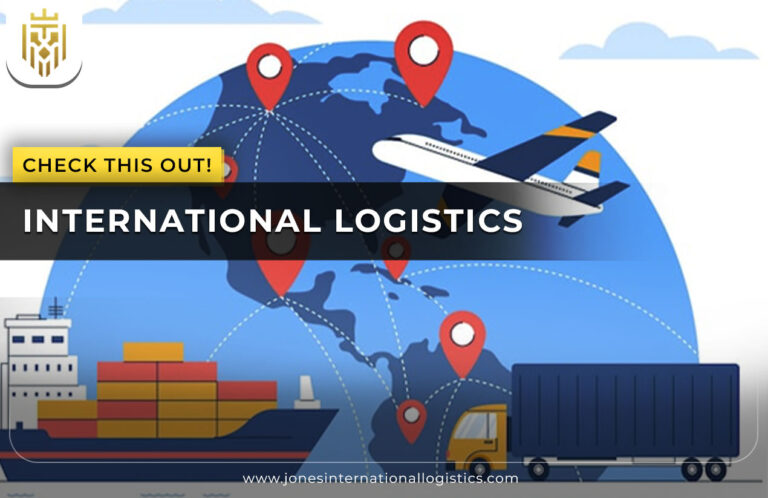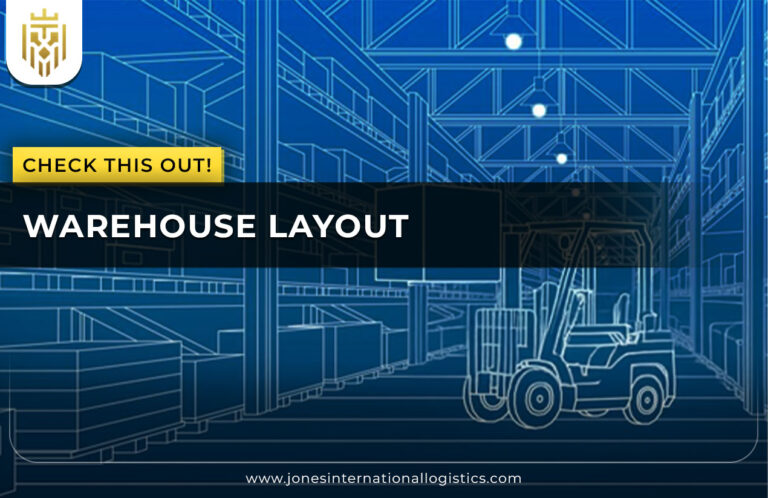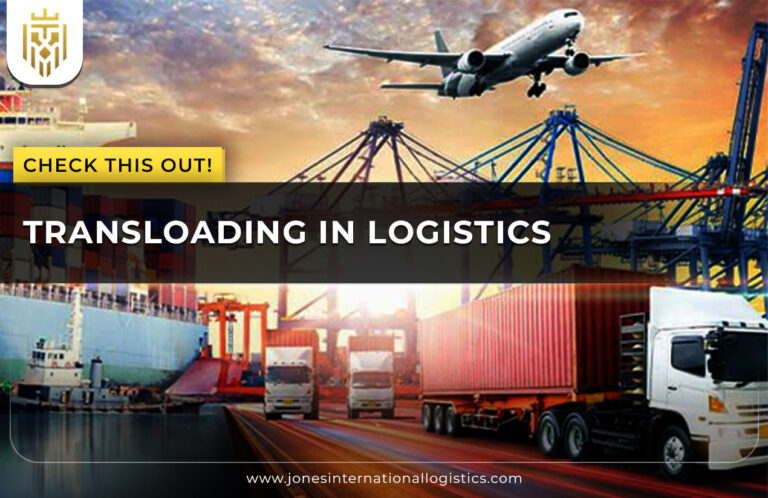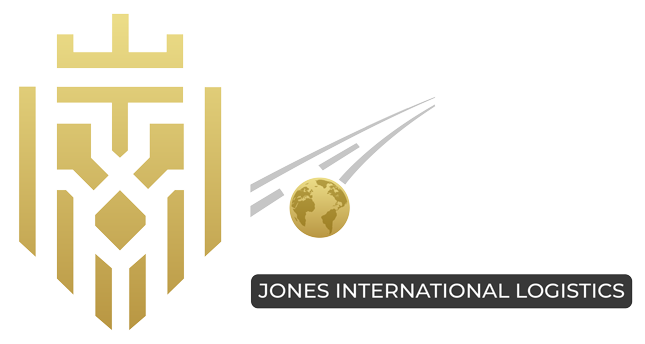What is Freight Consolidation?
Many businesses, while starting out, look at shipment options and, in the process, discover what is freight consolidation, which combines smaller shipments into one larger load. This process minimises expenses, maximises efficiency and improves on global supply chain management since it results in streamlined and reliable logistics operations that benefit both shippers and consignees.
How does Consolidated Freight help in Shipping?
Freight consolidation makes shipping easier since it combines numerous loads into a smaller quantity of containers, which reduces costs and increases the speed of goods transfers. Businesses have access to economical shipping options, streamlined cross-border operations, and more effective utilisation of resources, which makes it a viable solution in the current competitive supply chain landscape.
LCL vs FCL
LCL vs FCL shipping selection is based on the size of the shipment, urgency, and costs. Less than container load is cheaper on small consignments, whereas full container load shipping is more suitable on consignments that need the exclusive use of containers to ensure faster and more predictable delivery of the cargo.
Less-than Container Load (LCL)
Less than container load is a type of shipping service that enables businesses to share rooms in a container, which makes the cost of shipping less expensive. LCL is also managed by freight consolidators and is a good option for SMEs, but it is associated with longer transit times, as the cargo might have to make several stops and be subject to more handling operations.
Full Container Load (FCL)
Full container load shipping uses an entire container, which is often quicker and has a lower chance of getting damaged. Unlike shared options, FCL reduces handling, providing businesses with a more secure and controlled shipment; thus, it is a reliable alternative in the transportation of high-value goods or time-sensitive goods.
Freight Consolidation & Freight Forwarding: Key Differences
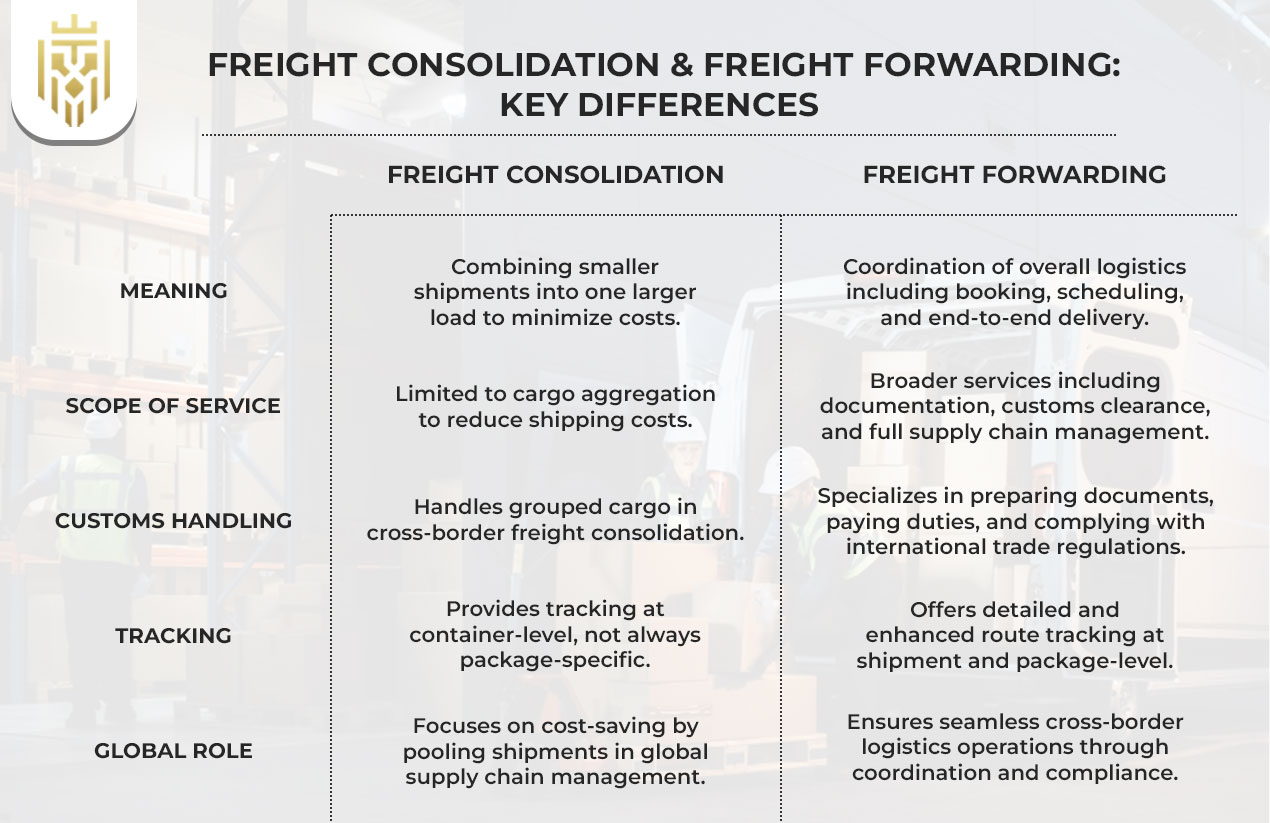
Freight consolidation is the process of combining smaller loads to minimise costs, and freight forwarding is the process of organising logistical support, documentation and customs. Forwarders coordinate seamless cross-border transfer, yet freight consolidators specialise in cargo aggregation, and both are related yet distinct services in global supply chain management.
Meaning
Freight consolidation is the practice of combining smaller shipments, whereas freight forwarding is the coordination of overall logistics. Unlike a consolidator, freight forwarders provide services to book, schedule, and deliver end-to-end delivery of cargo, which is done efficiently by direct shipping or through international freight consolidation, depending on the needs of the client.
Scope of Service
The domain of freight consolidators is limited to aggregating cargo to reduce costs, but freight forwarders deal with documentation, customs clearance and the entire supply chain. Businesses find themselves using both services at once to strike a balance between cost-cutting and holistic logistics optimisation across boundaries.
Customs Handling
In cross-border freight consolidation, consolidators deal with pooled goods, but freight forwarders are specialists in the preparation of documents, payment of duties, and observance of international trade legislation. This variation makes customs processing smoother whether consolidated shipments are separately shipped or not.
Tracking
In tracking, freight forwarders provide enhanced route tracking, whereas freight consolidation tracking might be at container level and not at package level. Companies have to choose between general command using forwarders or simplification of shipment pooling with consolidated monitoring of freight.
Advantages of Freight Consolidation
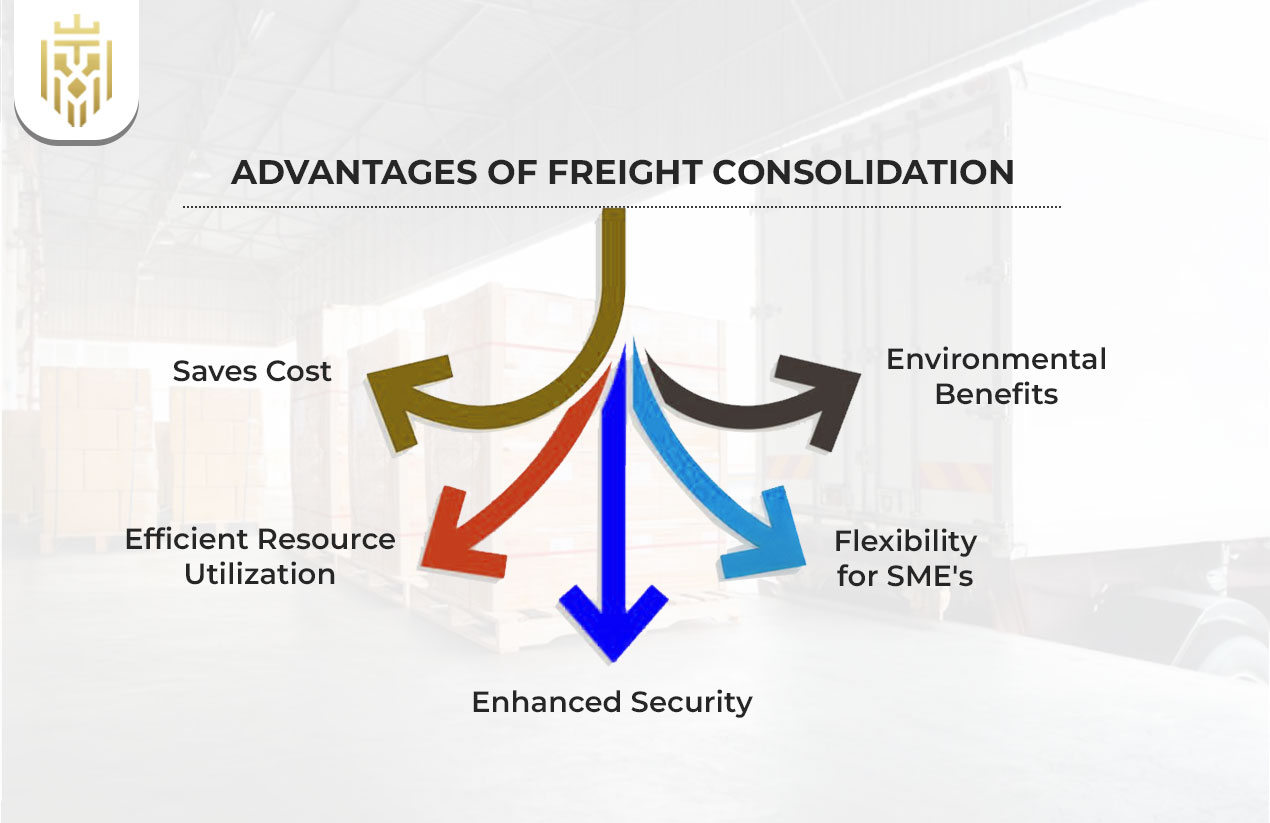
The benefits of freight consolidation encompass lower consolidated freight shipping costs, efficient use of containers and enhanced security. It is also flexible to SMEs with less than container loads, supporting sustainability as well as offering cost-effective shipping solutions within the contemporary frameworks of management of supply chains.
Saves Cost
Among the greatest advantages of consolidation of freight is the reduction of shipping costs. Consolidation will enable shipping businesses to save money on consolidated freight shipping rates, optimise cargo and shipment space, and receive cost efficiencies on shipping, and hence make consolidation an intelligent decision in global supply chain management best practices.
Efficient Resource Utilization
Freight consolidation maximises the use of containers, eliminating blank space and optimising transportation. Optimisation of loads enables companies to save money, energy, and waste. Such efficiency is beneficial to businesses and the environment and enhances supply chain management by allocating resources appropriately.
Enhanced Security
Businesses face fewer risks of theft or damages when they choose full container load shipping on consolidation programmes because the cargo is handled fewer times. Consolidation also means that shipments are safer in a grouped load, which provides shippers peace of mind when transporting sensitive or valuable cargo.
Flexibility for SME’s
LCL consolidation is an option that allows small and medium-sized businesses to ship less than container loads at a competitive price. SMEs can access international markets without having to invest in full containers, which makes freight consolidation a flexible approach to expanding operations internationally.
Environmental Benefits
Freight consolidators help create a more sustainable future by minimising unused cargo capacity, decreasing emissions, and unnecessary trips. Unified shipping promotes sustainable operations, and green supply chain management becomes a more attainable goal, reducing operations expenditures and improving the corporate responsibility strategy in turn.
Disadvantages Of Freight Consolidation
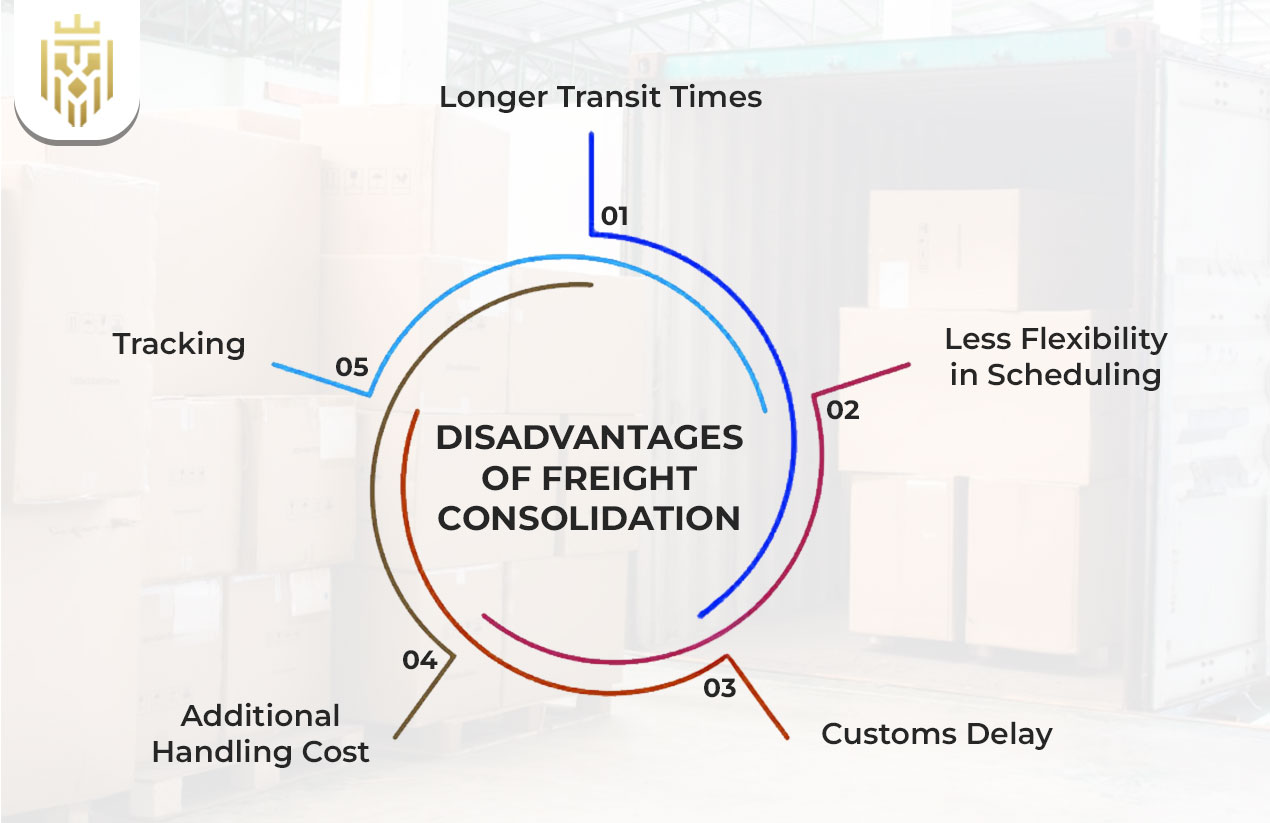
Consolidated freight may have a longer transit time, less flexibility in scheduling, customs hold-ups, and extra handling costs. Tracking visibility is typically lower than on full container load shipments, making it less suitable to deliver urgent or highly time-sensitive consignments.
Longer Transit Times
One disadvantage of pooled freight is the increase in delivery time due to frequent stops and combined handling of cargo. The problem with such transit delays is that they are not ideal when it comes to urgent cargo delivery that should have a quicker consolidation of freight across the border.
Less Flexibility in Scheduling
Schedules of freight consolidation programmes are fixed, allowing limited flexibility compared with direct services. Companies that rely on strict schedules would struggle to adapt to the concept of group shipping, whereby the departure is determined by the availability of consolidated cargo and not preferences of individual businesses that may require urgent deliveries.
Customs Delay
When international freight consolidation is used, there may be delays by the customs inspection. Consolidated loads mean that delivery can take longer should an item within the grouped shipment be delayed due to a problem, which can mean that all cargo in an international trade load is delayed.
Additional Handling Cost
Consolidated freight is usually subject to additional handling when grouping and degrouping in warehouses. This can include some small added costs but can be balanced out by the overall cost reduction in consolidated freight shipping. Companies are required to balance these costs with lower unit costs per shipment.
Tracking
Consolidated freight may offer fewer tracking updates in comparison with freight forwarders providing detailed visibility. Businesses might have a more difficult experience tracking individual packages with grouped loads, decreasing shipment transparency when compared to exclusive container options.
What does Consolidated Freight Shipping cost Depend on?
The aggregated freight shipping price is determined by volume, weight, location, and type of service. Price also depends on factors such as LCL shipping or FCL shipping, the duties involved in shipping, and distance, where freight consolidation is a more economical shipping option for businesses.
FAQs
1) What is the main purpose of Freight Consolidation?
Freight consolidation is mainly meant to pull together smaller shipments into a bigger one so that the costs are reduced, efficiency is improved and the shipments in the global supply chain management are managed in a more cost-effective way.
2) Who can use freight consolidation for shipping?
Freight consolidators serve both SMEs and large enterprises and e-commerce businesses. Anybody that is shipping smaller loads also gains since less than container load reduces the costs and accessibility to international markets.
3) How the cost of consolidated freight is calculated?
The total structure of freight cost is computed in terms of weight, volume, shipping distance, customs duties, and LCL or FCL shipping options offered, which makes it affordable and quite reasonable.
4) How does customs clearance work for consolidated freight?
Grouped documentation is used in customs clearance in cross-border freight consolidation. The delay of one shipment can cause a delay of all the cargo. Freight forwarders are in charge of compliance, making sure international freight consolidation progresses smoothly during regulatory procedures.
